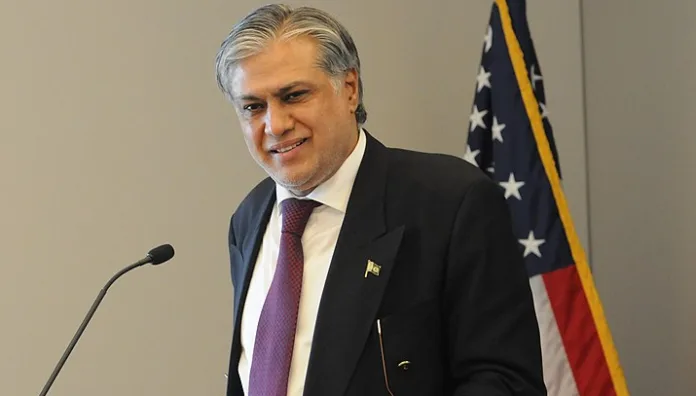A catastrophic bus crash in Yazd, Iran, results in at least 35 deaths and 18 injuries among Pakistani pilgrims, with officials working to provide aid and repatriate the deceased
In a devastating incident on August 21, 2024, a bus carrying Pakistani pilgrims overturned at a checkpost in Yazd, Iran, leading to a tragic loss of life. The accident, which occurred due to brake failure, resulted in at least 35 fatalities and left 18 others injured.
The bus, which was transporting 53 passengers predominantly from cities in Sindh, including Larkana and Ghotki, crashed and subsequently caught fire. The flames exacerbated the situation, making rescue efforts more challenging. The injured were promptly transported to local hospitals in Yazd for medical treatment.
Embed from Getty ImagesPakistan’s Deputy Prime Minister and Foreign Minister Ishaq Dar expressed deep concern over the incident. In a statement shared on social media, Dar conveyed his condolences to the families of the deceased and confirmed that instructions had been given to the Pakistani Ambassador in Tehran to assess the situation. He emphasized the importance of providing immediate medical relief and arranging the repatriation of the deceased to Pakistan.
Dar also acknowledged the support extended by the Iranian Government, thanking them for their assistance in managing the aftermath of the crash. The Pakistani embassy in Tehran remains actively engaged with local authorities to ensure the welfare of the injured and facilitate the recovery process.
The tragedy has prompted a flurry of activity as officials work to address the immediate needs of those affected and manage the complexities of repatriating the bodies of the deceased. As the situation continues to develop, further updates will be provided to ensure accuracy and timely information.
Analysis:
Political: The tragic bus accident highlights the complexities of international cooperation in the wake of such disasters. The swift response by Pakistan’s foreign ministry and the acknowledgement of Iranian support illustrate the importance of diplomatic channels in crisis situations. This incident may also prompt discussions on the need for enhanced safety measures for international travellers, particularly pilgrims who often undertake long journeys.
Social: The accident underscores the vulnerabilities faced by pilgrims and other travellers, particularly when they journey to distant and unfamiliar regions. The emotional impact on the families of the deceased and injured is profound, highlighting the need for robust support systems for those affected by such tragedies. The response from both Pakistani and Iranian officials reflects a broader social responsibility to address the needs of victims and their families in times of crisis.
Racial: While the incident itself does not directly involve racial issues, it does intersect with broader themes of how different nationalities are treated in foreign countries. The tragedy may spark discussions about the safety and welfare of pilgrims and other groups travelling internationally, emphasizing the need for equitable treatment and protection of all individuals, regardless of their nationality.
Gender: The gender implications of the accident are not explicitly detailed in the available information. However, the impact on families and communities, which often include a diverse mix of genders, is significant. The response to the crisis will need to consider the needs of all affected individuals and their families, ensuring that support and resources are distributed equitably.
Economic: The economic ramifications of the accident include the costs associated with medical treatment, the repatriation of bodies, and potential compensation for the victims’ families. The incident may also affect the local economy in Yazd due to the increased need for medical and emergency services. Additionally, it highlights the broader economic impact of travel and transportation safety, particularly for pilgrimage and tourism industries.
